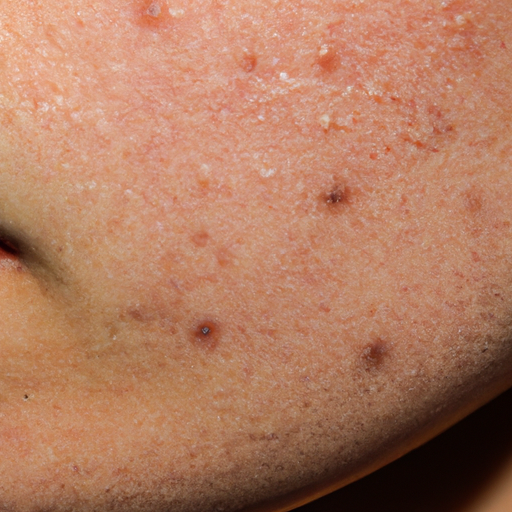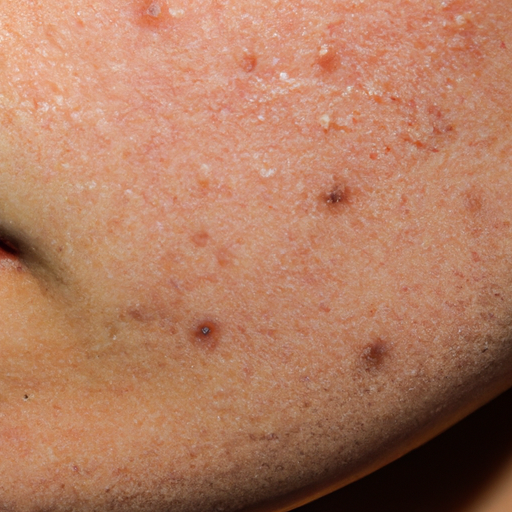Acne is a common skin condition that affects millions of people worldwide. It can cause significant emotional distress and impact one’s self-esteem. But with the right knowledge and tools, you can win the battle against acne and achieve clear, healthy skin. This article will serve as your ultimate guide to understanding acne and how to effectively manage it.
Acne is a skin condition that occurs when your hair follicles become plugged with oil and dead skin cells. It often causes whiteheads, blackheads, or pimples, and usually appears on the face, forehead, chest, upper back, and shoulders. Acne is most common among teenagers, but it affects people of all ages.
Several factors can contribute to the development of acne. These include hormonal changes, certain medications, diet, stress, and a family history of acne. Understanding these triggers can help you manage your acne more effectively.
The first step in winning the battle against acne is to maintain a consistent skincare routine. This includes cleansing your face twice daily with a gentle, non-comedogenic cleanser to remove excess oil and dead skin cells. Follow this up with a toner to balance your skin’s pH levels and a moisturizer to keep your skin hydrated.
Exfoliation is also crucial in preventing acne as it helps to remove dead skin cells that can clog pores. However, it’s important not to over-exfoliate as this can irritate the skin and exacerbate acne. Aim to exfoliate once or twice a week with a gentle, chemical exfoliant.
Topical treatments containing salicylic acid or benzoyl peroxide can also be effective in treating acne. These ingredients work by reducing inflammation and killing bacteria that contribute to acne. However, these treatments can cause dryness and irritation, so it’s important to use them sparingly and follow up with a moisturizer.
In addition to topical treatments, certain lifestyle changes can also help manage acne. This includes maintaining a healthy diet rich in fruits, vegetables, lean proteins, and whole grains. Research suggests that certain foods, such as dairy and foods high in sugar and refined carbohydrates, may trigger acne. Therefore, it may be beneficial to limit these foods in your diet.
Stress can also trigger acne, so it’s important to find healthy ways to manage stress. This could include regular exercise, meditation, or other relaxation techniques. Getting enough sleep is also crucial for maintaining healthy skin as it allows your body to repair and regenerate skin cells.
In some cases, over-the-counter treatments and lifestyle changes may not be enough to manage acne. If your acne is severe or persistent, it may be necessary to seek help from a dermatologist. They can prescribe stronger treatments, such as retinoids or antibiotics, and provide advice tailored to your specific needs.
Finally, it’s important to remember that everyone’s skin is different. What works for one person may not work for another. It may take some trial and error to find the right treatment for you. Be patient and persistent, and don’t be discouraged if you don’t see immediate results.
In conclusion, winning the battle against acne requires a combination of consistent skincare, healthy lifestyle habits, and in some cases, professional help. With the right approach, clear skin is achievable. Remember that acne does not define you, and with time and effort, you can unmask the clear skin that lies beneath.




